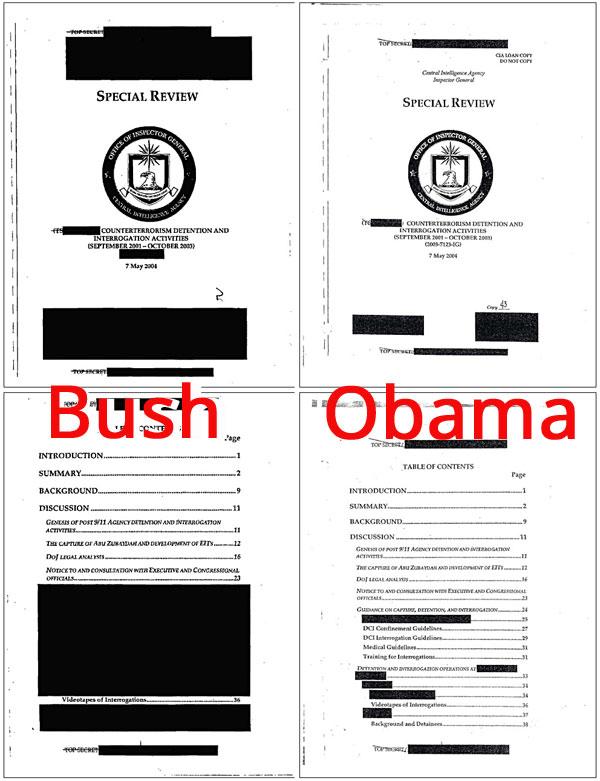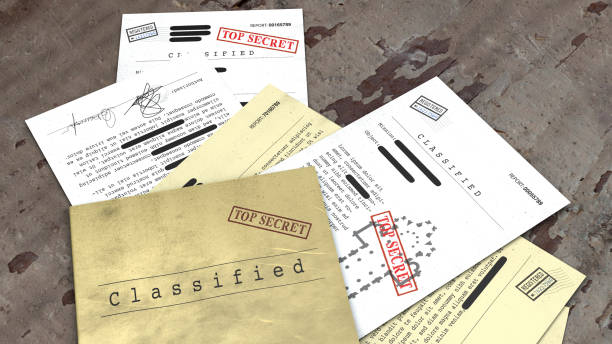Operation Disclosure: Unveiling the Secrets They Don’t Want You to See
For decades, whispers and rumors have circulated about hidden files, suppressed information, and a clandestine network of secrets held by governments and powerful organizations. These whispers converge under the banner of “Operation Disclosure,” a phrase that sparks both intrigue and skepticism. This article delves into the multifaceted world of Operation Disclosure, examining its core tenets, the types of information it claims to reveal, and the controversies that surround it. We will explore the arguments for and against its legitimacy, allowing you to form your own informed opinion.
What is Operation Disclosure? Defining the Core Concepts
Operation Disclosure, in its broadest sense, refers to the alleged release of classified information that powerful entities – often governments, intelligence agencies, and global elites – have deliberately kept hidden from the public. This “disclosure” is envisioned as a significant event that will fundamentally change our understanding of the world, potentially revealing truths about:
- Extraterrestrial Life and Technology: One of the most prominent claims revolves around the existence of extraterrestrial beings, recovered alien technology, and secret programs dedicated to interacting with them.
- Financial Manipulation and Corruption: Allegations of widespread corruption, manipulation of financial systems, and illicit activities by powerful individuals and institutions are frequently associated with Operation Disclosure.
- Suppressed Technologies: The narrative often includes the suppression of advanced technologies, such as free energy, advanced medicine, and other innovations that could revolutionize society.
- Historical Revisionism: Claims of suppressed historical events, altered timelines, and hidden agendas that have shaped global power structures are also common.
The proponents of Operation Disclosure believe that this information is being withheld to maintain control, protect vested interests, and prevent societal upheaval. They often point to whistleblowers, leaked documents, and alleged insider accounts as evidence.
The Types of Information Allegedly Hidden
The scope of information purportedly hidden under the veil of secrecy is vast and varied. Some of the most frequently cited categories include:
- UFO/UAP (Unidentified Aerial Phenomena) Data: This encompasses everything from confirmed sightings and recovered craft to government-funded research and covert operations.
- Advanced Weaponry and Technology: Secret programs developing and deploying advanced weaponry, including directed-energy weapons, and utilizing technologies gleaned from extraterrestrial sources.
- Globalist Agendas and Secret Societies: Allegations of powerful groups manipulating global events, controlling financial systems, and imposing a “New World Order.”
- Hidden Historical Truths: Information that challenges established historical narratives, including the origins of humanity and the true nature of historical events.
- Medical and Pharmaceutical Secrets: The suppression of cures for diseases, the manipulation of healthcare systems, and the use of pharmaceuticals for population control.
Examining the Evidence and Arguments: Pro and Con
The claims surrounding Operation Disclosure are often presented as undeniable truths, but it’s crucial to approach them with a critical and discerning eye.
Arguments in Favor:
- Whistleblower Testimony: Numerous individuals, including former military personnel, intelligence officers, and scientists, have come forward with claims of witnessing or participating in secret programs.
- Leaked Documents and Data: While the authenticity of some documents is debated, others have been verified and provide tantalizing glimpses into potentially classified information.
- Government Admissions and Investigations: In recent years, there’s been a growing willingness by governments to acknowledge the existence of UAPs and investigate related phenomena, fueling the debate.
- The “Need to Know” Basis: The inherent secrecy surrounding national security and classified information creates an environment where information can be easily withheld.
Arguments Against:
- Lack of Definitive Proof: Despite numerous claims, concrete, verifiable evidence that definitively proves the existence of the alleged secrets remains elusive.
- Misinformation and Disinformation: The internet is rife with misinformation, conspiracy theories, and deliberate disinformation campaigns, making it difficult to discern fact from fiction.
- Credibility of Sources: Many sources cited in support of Operation Disclosure are anonymous, lack verifiable credentials, or have a history of promoting unproven claims.
- Psychological Factors: The desire for answers, the fear of the unknown, and the allure of secrets can make individuals more susceptible to believing unsubstantiated claims.
The Impact of Operation Disclosure: Societal Implications
Whether or not the full extent of Operation Disclosure ever comes to light, the concept has already had a significant impact on society.
- Increased Public Interest in Unexplained Phenomena: The movement has fueled public interest in UFOs, government secrecy, and alternative explanations for historical events.
- Skepticism Towards Authority: It has contributed to growing distrust in government institutions, mainstream media, and established scientific narratives.
- The Rise of Alternative Media and Information Sources: Operation Disclosure has provided a platform for alternative media outlets, independent researchers, and citizen journalists to disseminate information and challenge official narratives.
- Political and Social Polarization: The debate surrounding Operation Disclosure has often become highly politicized, contributing to polarization and division within societies.
Conclusion: Navigating the Complexities
Operation Disclosure remains a complex and controversial topic. While the desire for transparency and the pursuit of hidden truths are understandable, it’s crucial to approach this subject with critical thinking, a healthy dose of skepticism, and a commitment to verifying information from reliable sources. The search for truth should always be balanced with a commitment to evidence-based reasoning. The ultimate outcome of the movement – whether it leads to a dramatic unveiling of secrets or remains a collection of unproven theories – is yet to be seen.
Frequently Asked Questions (FAQs)
1. Is Operation Disclosure real?
The existence of a coordinated, large-scale release of all the information claimed by Operation Disclosure has not been conclusively proven. However, the possibility of some level of government secrecy and suppressed information is widely acknowledged.
2. Who is behind Operation Disclosure?
The movement is decentralized and lacks a single, identifiable leader. It’s driven by a diverse group of individuals, including whistleblowers, researchers, and online communities.
3. What are some reliable sources of information on Operation Disclosure?
Approach all sources with caution. Look for independent researchers, verified whistleblower testimony, and official government reports, while always verifying information from multiple sources. Be critical of claims lacking evidence or relying on anonymous sources.
4. What are the potential consequences of Operation Disclosure?
The potential consequences are vast and varied. A full disclosure of the alleged secrets could lead to significant societal changes, including advancements in technology, shifts in power dynamics, and a reevaluation of established beliefs. Alternatively, it could lead to mass confusion, social unrest, and a breakdown of trust in institutions.
5. How can I protect myself from misinformation related to Operation Disclosure?
Develop critical thinking skills. Verify information from multiple, credible sources. Be wary of sensational claims, anonymous sources, and narratives that align with your pre-existing beliefs. Stay informed, but remain skeptical.




